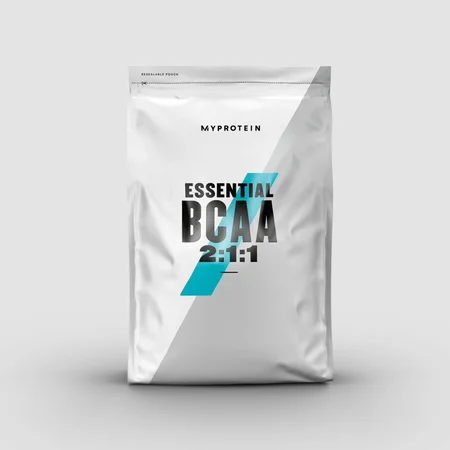
Synephrine is a supplement that is widely unheard of by many today and is also classed as a banned substance by almost every major sports commission. Although synephrine was designed to help treat infections such as athlete’s foot and ringworm, it turned out to possess some other side effects as well. In this article you'll find out all about Synephrine, what it is and what it does.
What is Synephrine?
Synephrine, or as it is more commonly know, Bitter Orange, is a plant in which the leaf, fruit and fruit juice are harvested and used to make medicine and the peel itself is used to make oil. The oil of bitter orange can be applied to the skin to help treat infections, such as ringworm and athletes foot.
Although many studies are still being conducted, there’s also sufficient evidence to show that when someone consumes a sufficient amount of bitter orange, it posses the ability to suppress appetite. This is where synephrine shows signs of weight loss among users as it simply creates a lasting effect within the body to make the consumer feel full for much longer and reduces any temptation for cravings or the desire to consume extra food. By consuming less food, you consume less calories, which in turn, results in weight loss over a period of time.

Should you be taking Synephrine?
Besides the ability to suppress appetite, synephrine shows zero evidence of being able to burn fat itself. Therefore, Synephrine cannot be considered to be a fat burner. By taking synephrine with a fat burner though, you will feel that you will be less tempted to snack during your day as you will remain fuller for longer and have almost zero desire to eat beyond your daily means.
Just because it’s a supplement on the market doesn’t mean you should take it though. Synephrine is still undergoing testing and some results show that when consumed, it can have possible side effects, such as headaches, nausea, and upset stomach feelings. Its also fair to warn that since synephrine is considered to be a stimulant, that those who have or are at risk of high blood pressure, should avoid taking this product as it can possibly lead to an increase in risk since it does elevate heart rate slightly.

Take Home Message
So, the main question, should you be taking Syneprhine? Honestly, unless you are using it to treat a fungal skin infection, I see no reason as to why one should consume this supplement at all. If you are not advised by a medical practitioner to take synpehrine, simply stay away from it as the risks are much too high considering the potential reward it can offer you. Although I cannot tell you what you should and shouldn’t take, I strongly believe that by consuming this product when you are not instructed too, that you can eventually end up doing your body more harm than good.












